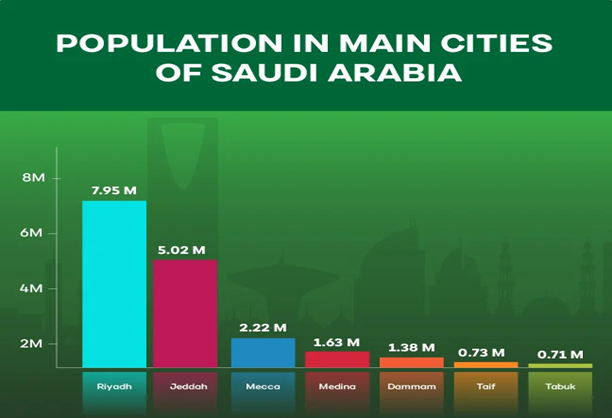ENERGY CONSUMPTION AND PUBLIC AWARENESS IN LARGE-SCALE RESIDENTIAL DEVELOPMENTS: TOWARD SUSTAINABLE URBAN PLANNING IN RIYADH, SAUDI ARABIA
DOI:
https://doi.org/10.71146/kjmr563Keywords:
Energy consumption, Riyadh, residential buildings, urban sustainability, Vision 2030, public awareness, energy efficiency, Saudi Arabia, GIS analysis, stakeholder engagementAbstract
This study investigates energy consumption patterns and public awareness in large-scale residential developments in Riyadh, Saudi Arabia, with a focus on sustainable urban planning aligned with Vision 2030. Rapid urbanization and high per capita electricity usage, particularly in air conditioning, have intensified environmental and infrastructural challenges in Riyadh. Using statistical data from GASTAT, SEEC, and GIS spatial analysis, the research highlights Riyadh’s disproportionate share of residential energy consumption—approximately 28% of the national total. The study also evaluates public awareness, behavior, and stakeholder perspectives on energy efficiency, revealing a significant gap between knowledge and practice among residents. While awareness of conservation measures exists, behavioral adoption remains limited due to cultural habits and inadequate incentives. Spatial and policy analyses identify regulatory shortfalls and the need for localized strategies in building design, retrofitting, and energy-efficient technologies. Based on these findings, the paper provides evidence-based recommendations including awareness campaigns, stricter building codes, smart metering, and community engagement. The research contributes to a deeper understanding of sustainable urbanization in Saudi Arabia and offers a roadmap for aligning urban development in Riyadh with national energy goals.
Downloads

Downloads
Published
Issue
Section
License
Copyright (c) 2025 Muhammad Ibrahim, Abdullah, Saad Ud Din, Qaiser Iqbal, Attaullah Shah (Author)

This work is licensed under a Creative Commons Attribution 4.0 International License.






